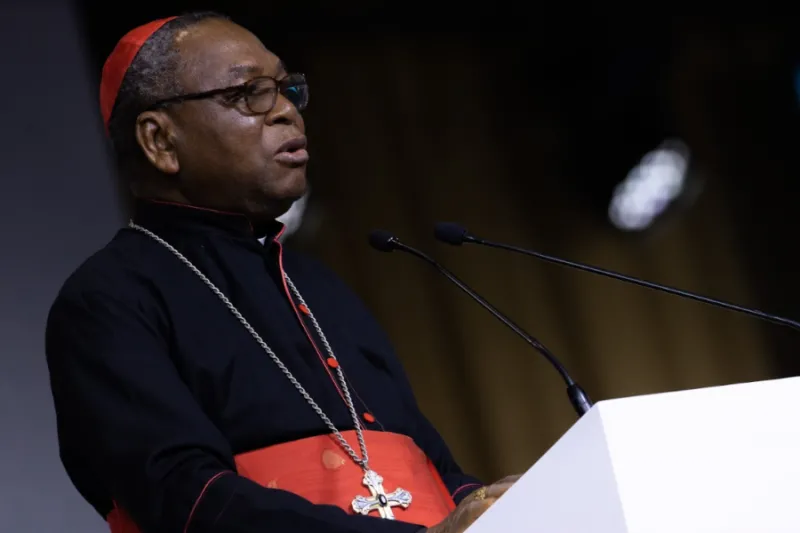
Rome Newsroom, Jan 12, 2022 / 12:00 pm (CNA).
After gangs of gunmen killed at least 200 people in Nigeria’s Zamfara State last week, Cardinal John Onaiyekan said that things must change.
The Nigerian cardinal explained that over the past five years armed bandits have terrorized northwestern Nigeria, causing a great deal of damage.
“They attack farmers’ fields, kill farmers and no one says anything. And then they started with kidnappings,” Onaiyekan said in an interview in Italian with Vatican News published on Jan. 10.
In the most recent incident, gangs of bandits on motorbikes attacked nine villages over the course of three days, causing at least 200 deaths, according to local authorities.
“We all weep for these victims,” Onaiyekan said.
Around 10,000 people are estimated to have been displaced by this month’s violence.
The release of 30 abducted students also made headlines over the weekend of Jan. 8-9. The students had been held in captivity for seven months.
“There are still many victims of kidnappings, and their parents and relatives have no way of paying what is requested. And the government believes it cannot do anything,” Onaiyekan said.
The 77-year-old archbishop emeritus of Abuja, the country’s capital city, said that it was “unacceptable” that armed bandits were still holding hundreds of children and teachers for ransom.
“The government says it cannot identify precisely where these bandits are and where they take their victims. Some children kidnapped from schools have been missing for more than a year, some girls for seven,” he said.
More than 1,400 children were abducted in Nigeria last year, according to the United Nations.
U.N. Secretary-General António Guterres condemned the “appalling attacks” in Nigeria in a statement on Jan. 10.
“I urge the Nigerian authorities to spare no effort in bringing those responsible for these heinous crimes to justice,” Guterres said.
The U.S. State Department removed Nigeria from its list of countries with the most egregious religious freedom violations in November — prompting an outcry among human rights advocates.
For Onaiyekan, the only way to change the situation is with “a government that helps us to rebuild our unity and national coexistence.”
“Of course we also need prayer,” he added.
The cardinal said that he did not view the situation as “a persecution of Christians by Muslims.”
“It is the wickedness of the terrorists who decide to kill people without any justification and it certainly cannot be said that they represent the Islamic religion in Nigeria,” he said.
“I pray for all my Catholic and Christian brethren, and I also pray for all my Muslim fellow citizens who have been in the hands of terrorists for years. The sooner we find a stable country for everyone, the better it will be for us Christians too,” Onaiyekan said.
If you value the news and views Catholic World Report provides, please consider donating to support our efforts. Your contribution will help us continue to make CWR available to all readers worldwide for free, without a subscription. Thank you for your generosity!
Click here for more information on donating to CWR. Click here to sign up for our newsletter.






And those Jihadist Fulani herdsmen and Boko Haram who claim ‘credit’ for the constant killings are not Muslim? Or, just those ‘peaceful’ ones?